Trading in financial difficulty - Companies Act 1993
Date
15 January 2021
Share

The Companies Act 1993 contains various provisions relating to formal mechanisms that companies in insolvency or near-insolvency situations can use rather than trading on.
A September 2020 Supreme Court decision (Madsen-Ries and Levin as Liquidators of Debut Homes Limited (in liquidation) v Cooper [2020] NZSC 100) has reinforced the obligations of a company Director in relation to those mechanisms, and the risks of personal liability that exist if those mechanisms are not followed.
Key points of the decision relating to Directors duties relate to obligations around Reckless Trading, Duty not to incur obligations and duties to act in the best interests of the company.
In summary, the court ruled that despite the Director trading on with the intent to improve returns to some or all the company’s creditors, the Director incurred personal liabilities by continuing to trade on.
The Company’s Act has several mechanisms available for dealing with insolvency and near-insolvency situations and these include:
- a creditor’s compromise, which usually involves all or part of a company’s debts being cancelled, and must be approved by a majority of creditors;
- a court-approved creditor’s compromise, where the court must also agree that the compromise is fair and reasonable to all creditors;
- voluntary administration, which provides for the appointment of an administrator to maximise the chances of the company’s survival, and which also must be approved by a majority of creditors; and
- liquidation, to wind up the operation of the company.
A feature of all of these is that the decision making is removed from the Director and is placed in the hands of an independent party or the creditors of the company.
Finance New Zealand Ltd, and our Business Partners, are not a tax or legal expert on this matter and can only provide general advice. We work closely with insolvency firms, accountants, and solicitors and can refer businesses to an appropriate expert.
We can also assist with debt restructuring to assist businesses trade out under a formal compromise structure, particularly where existing lenders are unwilling to support a business that has had recent trading struggles.
Further reading on this topic is readily searchable on-line or can be accessed via these links:
https://adls.org.nz/Story?Action=View&Story_id=229
https://tompkinswake.co.nz/insights/knowledge/timely-reminder-about-directors-duties-to-creditors/
Similar Posts
12 January 2026
Asset & Equipment Finance LVRs
Purchasing new vehicles, machinery, or equipment often raises one key question: how much deposit is required? The answer depends on more than just the asset. It comes down to LVRs (Loan to Value Ratio's), structure, and lender, policy & appetite. This article explains how asset and equipment finance LVRs work in New Zealand, and why advice matters.

27 November 2025
The Bottom of the Cycle? What the OCR Cut Means for 2026
Shifting interest rates are reshaping the way businesses finance equipment, vehicles and growth. Understanding these changes can help you make smarter, better-timed funding decisions.


Page Links
Contact us
Finance New Zealand Limited L11 BDO Tower, 19-21 Como Street, Takapuna, Auckland 0622 PO Box 65164, Mairangi Bay 0754 T: (09) 222 0320E: info@financenz.co.nzMember of


Proud Sponsors of Auckland Rescue Helicopter Trust
Copyright Finance New Zealand Ltd 2026



